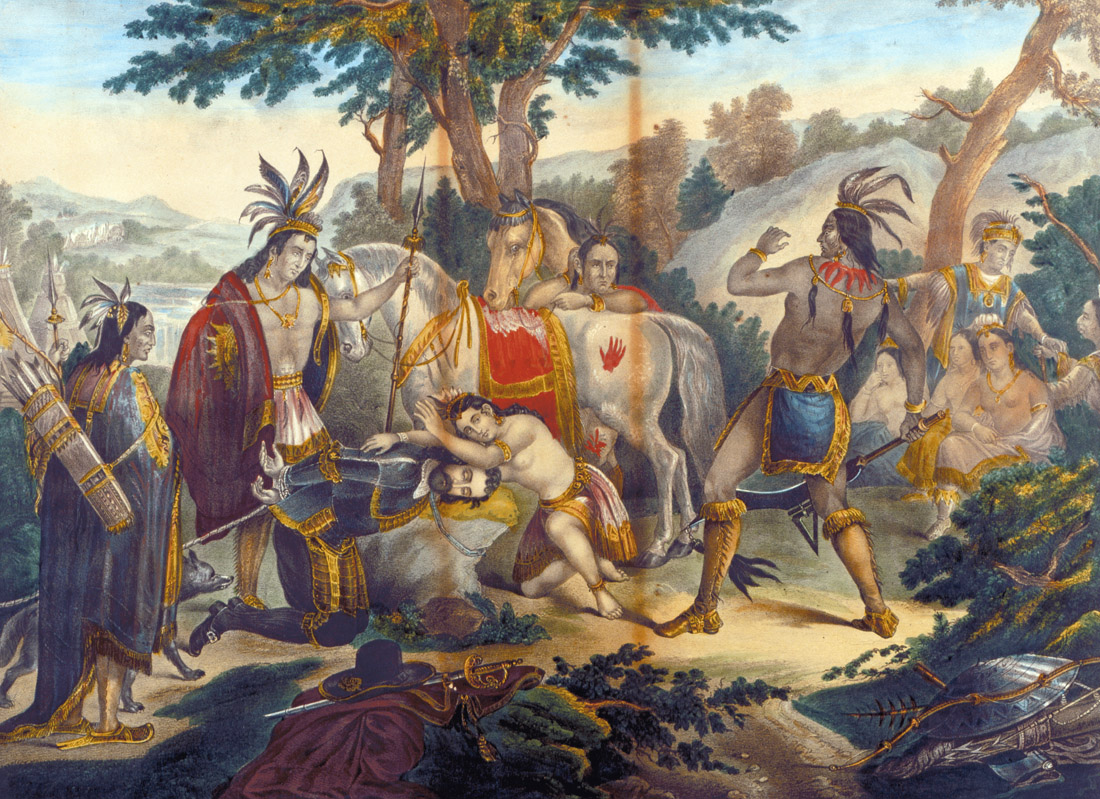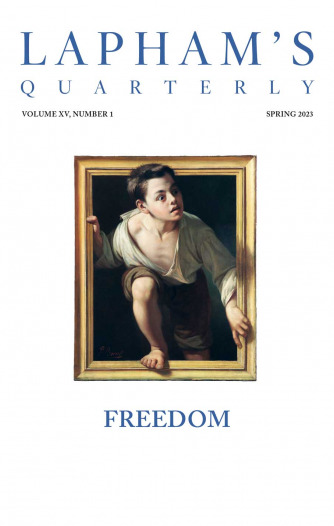The gratitude is greater than the gift.
—Pierre Corneille, 1641Rating the Exchange
Bronislaw Malinowski watches and learns.
The Kula is a form of exchange of extensive intertribal character; it is carried on by communities inhabiting a wide ring of islands, which form a closed circuit. Along this route, articles of two kinds, and these two kinds only, are constantly traveling in opposite directions. In the direction of the hands of a clock, moves constantly one of these kinds—long necklaces of red shell, called soulava. In the opposite direction moves the other kind—bracelets of white shell called mwali. Each of these articles, as it travels in its own direction on the closed circuit, meets on its way articles of the other class, and is constantly being exchanged for them.
On every island and in every village, a more or less limited number of men take part in the Kula—that is to say, receive the goods, hold them for a short time, and then pass them on. Therefore every man who is in the Kula, periodically though not regularly, receives one or several mwali, or a soulava, and then has to hand it on to one of his partners, from whom he receives the opposite commodity in exchange.
It seems almost incredible at first, but it is the fact, nevertheless, that no one ever keeps any of the Kula valuables for any length of time. Indeed, in the whole of the Trobriands there are perhaps only one or two especially fine arm-shells and shell necklaces permanently owned as heirlooms, and these are set apart as a special class, and are once and for all out of the Kula. “Ownership,” therefore, in Kula, is quite a special economic relation. A man who is in the Kula never keeps any article for longer than, say, a year or two. Even this exposes him to the reproach of being niggardly, and certain districts have the bad reputation of being “slow” and “hard” in the Kula.
The equivalence of the countergift is left to the giver, and it cannot be enforced by any kind of coercion. A partner who has received a Kula gift is expected to give back fair and full value, that is, to give as good an arm-shell as the necklace he receives, or vice versa. Again, a very fine article must be replaced by one of equivalent value, and not by several minor ones, though intermediate gifts may be given to mark time before the real repayment takes place.

Smith Rescued by Pocahontas, by Edward Henry Corbould, c. 1870. © Virginia Historical Society, Richmond, Virginia, USA/Bridgeman Images
If the article given as countergift is not equivalent, the recipient will be disappointed and angry, but he has no direct means of redress, no means of coercing his partner, or of putting an end to the whole transaction. What then are the forces at work which keep the partners to the terms of the bargain? Here we come up against a very important feature of the native’s mental attitude toward wealth and value. The great misconception of attributing to the savage a pure economic nature might lead us to reason incorrectly thus: “The passion of acquiring, the loathing to lose or give away, is the fundamental and most primitive element in man’s attitude to wealth. In primitive man, this primitive characteristic will appear in its simplest and purest form. Grab and never let go will be the guiding principle of his life.” The fundamental error in this reasoning is that it assumes that “primitive man,” as represented by the present-day savage, lives, at least in economic matters, untrammeled by conventions and social restrictions. Quite the reverse is the case. Although, like every human being, the Kula native loves to possess and therefore desires to acquire and dreads to lose, the social code of rules, with regard to give and take, by far overrides his natural acquisitive tendency.
This social code, such as we find it among the natives of the Kula is, however, far from weakening the natural desirability of possession; on the contrary, it lays down that to possess is to be great, and that wealth is the indispensable appanage of social rank and attribute of personal virtue. But the important point is that with them to possess is to give—and here the natives differ from us notably. A man who owns a thing is naturally expected to share it, to distribute it, to be its trustee and dispenser. And the higher the rank the greater the obligation. A chief will naturally be expected to give food to any stranger, visitor, even loiterer from another end of the village. He will be expected to share any of the betel nut or tobacco he has about him. So that a man of rank will have to hide away any surplus of these articles which he wants to preserve for his further use. In the eastern end of New Guinea a type of large basket with three layers, manufactured in the Trobriands, was especially popular among people of consequence because one could hide away one’s small treasures in the lower compartments. Thus the main symptom of being powerful is to be wealthy, and of wealth is to be generous. Meanness, indeed, is the most despised vice, and the only thing about which the natives have strong moral views, while generosity is the essence of goodness.
Thus the fundamental principle of the natives’ moral code in this matter makes a man do his fair share in Kula transaction and the more important he is, the more will he desire to shine by his generosity. Noblesse oblige is in reality the social norm regulating their conduct. This does not mean that people are always satisfied, and that there are no squabbles about the transactions, no resentments or even feuds. It is obvious that however much a man may want to give a good equivalent for the object received, he may not be able to do so. And then, as there is always a keen competition to be the most generous giver, a man who has received less than he gave will not keep his grievance to himself, but will brag about his own generosity and compare it to his partner’s meanness; the other resents it, and the quarrel is ready to break out. But it is very important to realize that there is no actual haggling, no tendency to do a man out of his share. The giver is quite as keen as the receiver that the gift should be generous, though for different reasons.

Bronisław Malinowski
From Argonauts of the Western Pacific. Born in 1884 in Cracow, Malinowski became interested in anthropology after reading James Frazer’s The Golden Bough. In 1914 he traveled to Australia and New Guinea and spent several years in the Trobriand Islands engaging in participatory field research; he published his findings as Argonauts of the Western Pacific in 1922. “We have to study man,” wrote Malinowski, “and we must study what concerns him most intimately, that is, the hold which life has on him.”
